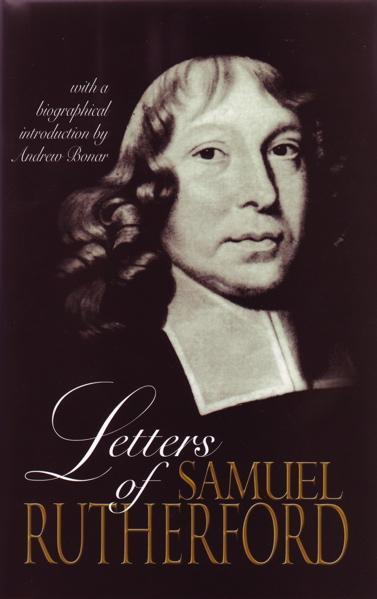Letters of Samuel Rutherford
Rutherford, Samuel
Sign up to be the first to know when it's here
"These letters will ever be precious to all who are sensible of their own, and the Church’s decay and corruptions- The wound and the cure are therein so fully opened out: self is exposed, specially spiritual self. He will tell you, ‘There is as much need to watch over grace, as to watch over sin.’ He will show you God in Christ, to fill up the place usurped by self. The subtleties of sin, idols, snares, temptations, self-deceptions, are dragged into view from time to time. And what is better still, the cords of Christ are twined round the roots of these bitter plants, that they may be plucked up.
Nor is it otherwise in regard to corruption in public, and in the Church. We do not mean merely the open corruption of error, but also the secret ‘gray hairs’ of decay. Hear him cry, ‘There is universal deadness on that fear of God. O where are the sometime quickening breathings and influences from heaven that have refreshed His hidden ones!’ And then he laments, in the name of the saints, ‘We are half satisfied with out witherdness; nor have we as much of his strain who doth eight times breathe out that suit, Quicken me!’ ‘We live far from the well, and complain but dryly of our dryness.’"
- Andrew Bonar
-
Cover Type
-
ISBN
-
Page Count
-
Publisher
-
Publication Date









